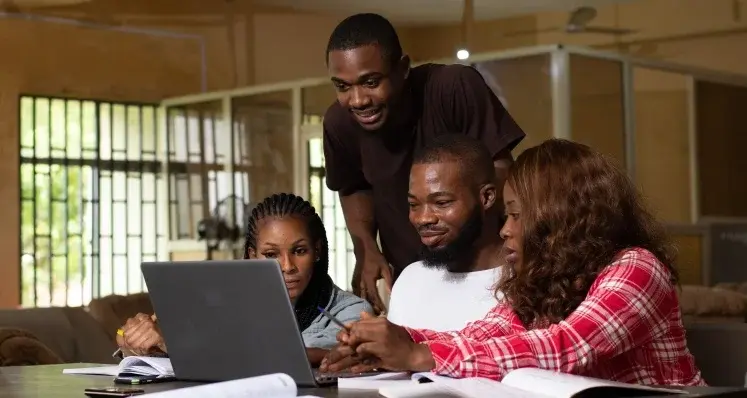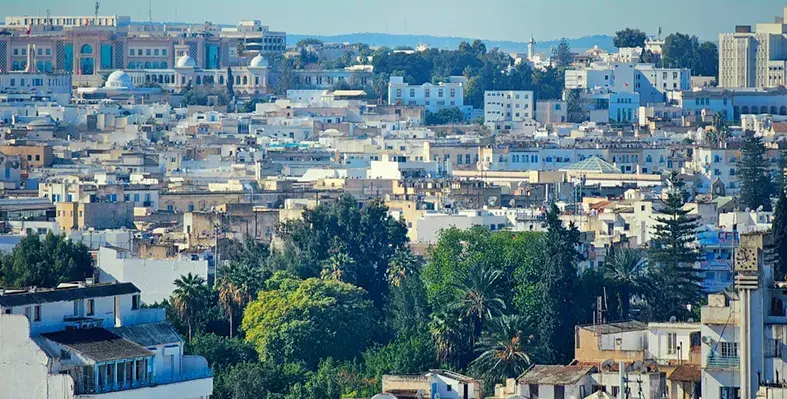The World Bank is working with ministries of education in many countries to support educational technologies and provide remote learning opportunities for students while schools are closed due to COVID-19 pandemic
In support of this work, the World Bank is cataloguing emerging approaches, by country, in an internal database.
Egypt has announced distance learning and assessment programme
The Ministry of Education and Technical Education (MOETE) has extended the access to the Egyptian Knowledge Bank (EKB) to students, providing content including multimedia and dictionaries by grade level and subject with content is available in Arabic and English.
Egypt contracted the online learning provider Edmodo to deliver remote instruction to the country’s entire K-12 student body. There is an arrangement with the Ministry of Communication and IT and mobile carriers to make available SIM cards at no cost to students if they have a device.
Kenya has designed online learning programme
The Ministry of Education in Kenya has designed similar online learning programmes which will be delivered using radio, television, YouTube and other platforms. Kenya Broadcasting Corporation (KBC) will broadcast radio programs daily from Monday to Friday.
Liberia granting free access to online educational content
Liberia has announced a free access to online educational content via website called Orange Campus Africa. Orange customers who do not have data can use the educational materials provided from the site. The web site includes Khan Academy, Wikibooks, Wiktionary, Wikipedia and Vikidia. Project Gutenberg, a volunteer-based effort to digitise and archive cultural works, is one of the sites included in the programme. Liberia began an educational radio programme on 27 March.
Other African countries promoting remote learning
Libyan education ministry signed a deal with local television stations to broadcast ‘compulsory’ lessons for middle and secondary schoolchildren.
In Morocco, the government has put together content to help students with online learning. The national channel four is broadcasting educational classes. A MOOC platform (mainly in French) serves university level learners.
Tunisia-based Arab League Educational, Cultural and Scientific Organization (ALECSO) has launched an e-learning initiative to ensure the continuity of learning and teaching during the coronavirus pandemic. Ten North African and 12 Arab countries are to benefit from this initiative.
South Africa’s Telkom ZA has zero-rated education websites to provide cost-free access to learners.





















